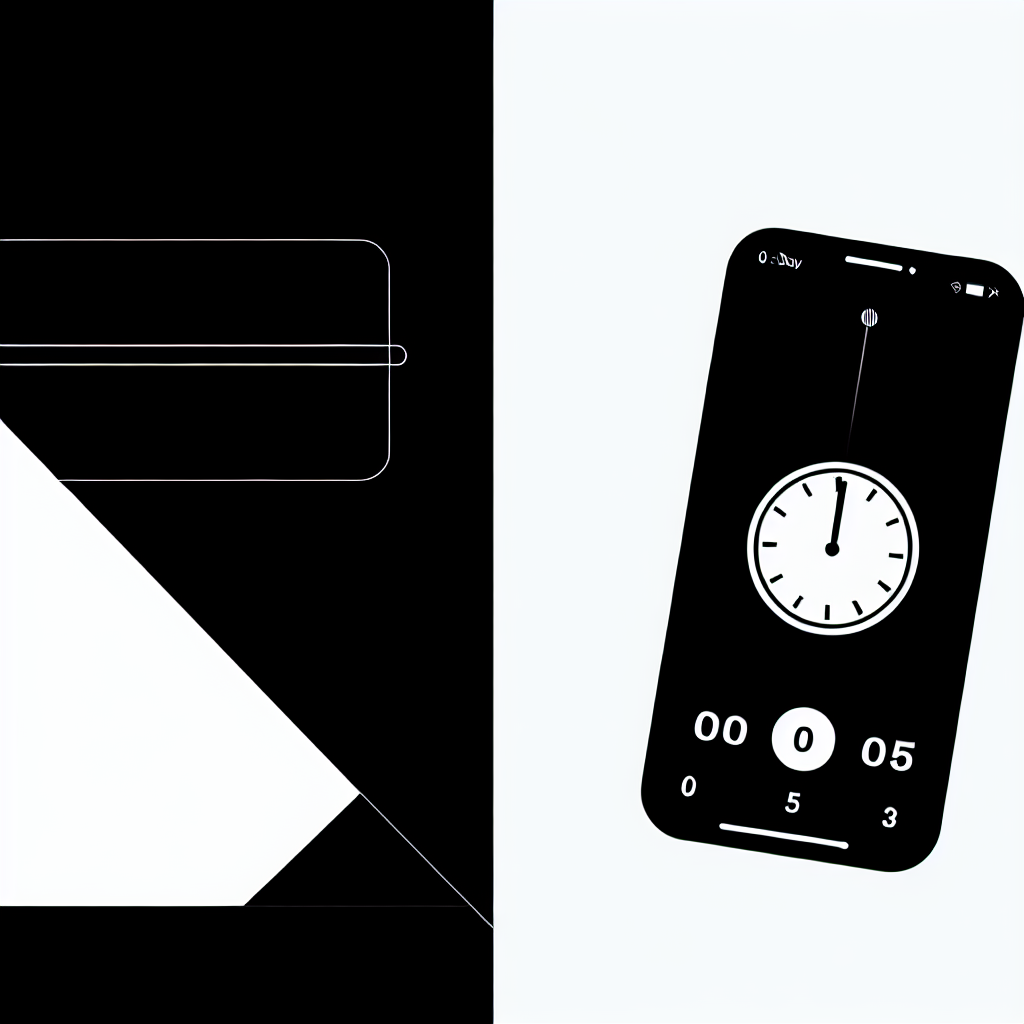Why Time Tracking is Essential for Project Efficiency
In today's fast-paced work environment, managing time effectively can mean the difference between project success and failure. Embracing structured time tracking can significantly enhance productivity and provide insights into team performance. Let’s explore best practices that can maximize your project efficiency through effective time tracking.
Understanding the Mechanics: How Time Tracking Improves Productivity
Time tracking isn’t just about logging hours; it’s about analyzing how time is spent in various project phases. By capturing details about task allocation and actual time invested, teams can:
- Identify productivity patterns
- Pinpoint bottlenecks in workflows
- Allocate resources more effectively
Core Practices for Effective Time Tracking
1. Choose the Right Tools
Select a time tracking tool that integrates seamlessly with your existing project management software. Options like Timer.plus allow for easy logging of hours, task management, and reporting, fostering a smoother workflow.
2. Set Clear Objectives and Deadlines
Define specific project goals and communicate them to your team. When everyone knows what’s expected and the time allocated for each task, it streamlines the overall process.
3. Encourage Regular Time Logs
Instill a culture where team members are encouraged to log their hours consistently. Emphasize the importance of accurate tracking for improving efficiency and not as a form of micromanagement.
Real-World Examples: Successful Time Tracking Implementations
Many organizations have successfully used time tracking to enhance project outcomes:
- Asana: Increased their project completion rates by 20% after implementing time tracking to allocate resources more effectively.
- Zapier: Found that after introducing time logs, they improved project timelines by identifying and addressing workflow inefficiencies.
Pitfalls to Avoid in Time Tracking Practices
1. Inconsistent Logging
Inconsistency in time logging undermines the purpose of the practice. Encourage your team to track time daily, ideally while they work on tasks, rather than trying to recall hours at the end of the week.
2. Overcomplicating Processes
Time tracking doesn’t need to be tedious. Focus on simple logging processes that your team can easily adopt without feeling like it’s a burden.
Elevate Your Team's Performance with Time Tracking
Implementing effective time tracking practices can significantly enhance your project management processes. By fostering accountability and transparency, your team can work more efficiently and achieve better results.
Embark on Your Journey to Enhanced Project Management Today
Ready to optimize your project efficiency? Start implementing these time tracking best practices and watch your team’s productivity soar!




